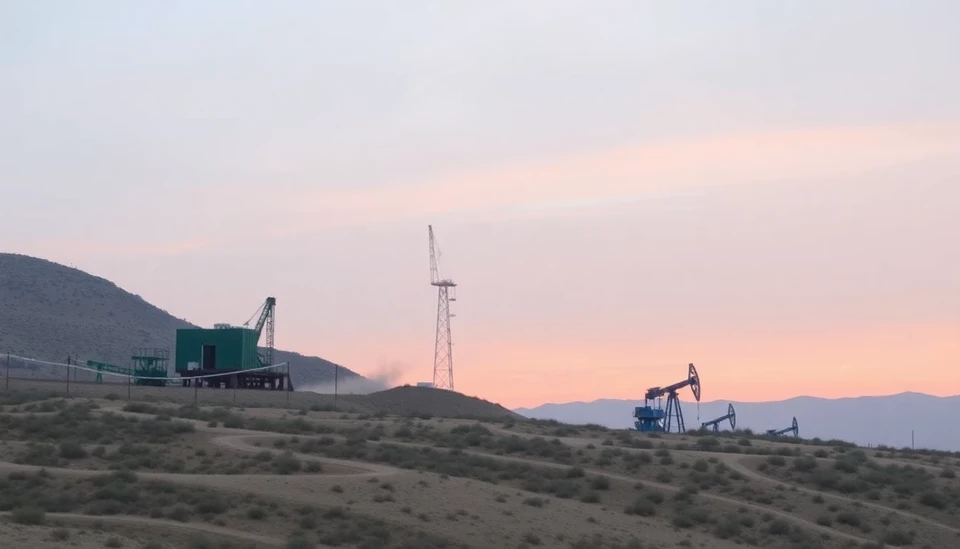
In a strategic move aimed at enhancing its energy portfolio, Turkey is positioning itself to play a pivotal role in the recovery of Syria's oil and gas industry. The ongoing civil conflict in Syria has left its once-thriving energy sector in disarray, but recent developments suggest that Turkey may capitalize on this situation as it seeks to strengthen its geopolitical influence in the region.
The Turkish government has reportedly initiated discussions to explore opportunities within Syria's oil and gas fields, potentially leading the way for domestic and foreign investments. This effort is not merely about resource extraction; it is also fundamentally tied to Turkey's broader ambitions in the Middle East, where energy resources are a significant factor in political and economic stability.
Turkey, having weathered its own economic challenges, is now aiming to reinvigorate its local economy. By tapping into Syria's energy resources, which are estimated to hold considerable reserves, Turkey could create jobs and foster energy independence. This initiative could also provide a much-needed boost to its international standing, particularly among neighboring countries that rely heavily on energy supply chains.
Furthermore, Turkey's interest in Syria's oil and gas infrastructure raises questions about collaboration with various entities, including local governments and foreign firms that have been cautious about re-entering the Syrian market due to the ongoing conflict. Engaging in Syria's energy sector could also facilitate crucial partnerships that may help stabilize the region over time.
It is significant to note that Turkey's endeavor is not without challenges. The complex political landscape in Syria, coupled with the presence of various factions and foreign powers, makes any venture in the country particularly risky. The Turkish government will need to navigate these intricacies to achieve its goals while minimizing potential backlash from other players involved in the Syrian conflict.
As the situation evolves, the international community will be closely observing Turkey's actions in Syria. The potential for energy investments could ignite new tensions or initiate a shift towards collaboration among neighboring nations, all while offering a glimpse into the future of Syria’s post-conflict reconstruction.
Overall, Turkey's venture into Syria's oil and gas sector speaks to the broader dynamics of energy politics in the region. With a focus on revitalization and partnership, Turkey seeks not only to recover valuable resources but also to assert its role as a key player in Middle Eastern geopolitics.
At this juncture, it is essential to monitor developments surrounding Turkey's plans and their implications for both local and international stakeholders. The pursuit of energy resources in a politically charged environment will undoubtedly shape the trajectory of regional relationships and economic recovery in the years to come.
In conclusion, Turkey's ambition to revive Syria's oil and gas industry represents a bold strategy to enhance its energy capabilities while potentially leading to a new chapter in Syrian recovery efforts. The complexities of the Syrian conflict remain, but the prospect of collaboration around energy could pave the way for stability in the region.
#Turkey #Syria #Oil #Gas #EnergySector #MiddleEast #Geopolitics #Reconstruction #InternationalRelations
Author: Laura Mitchell




